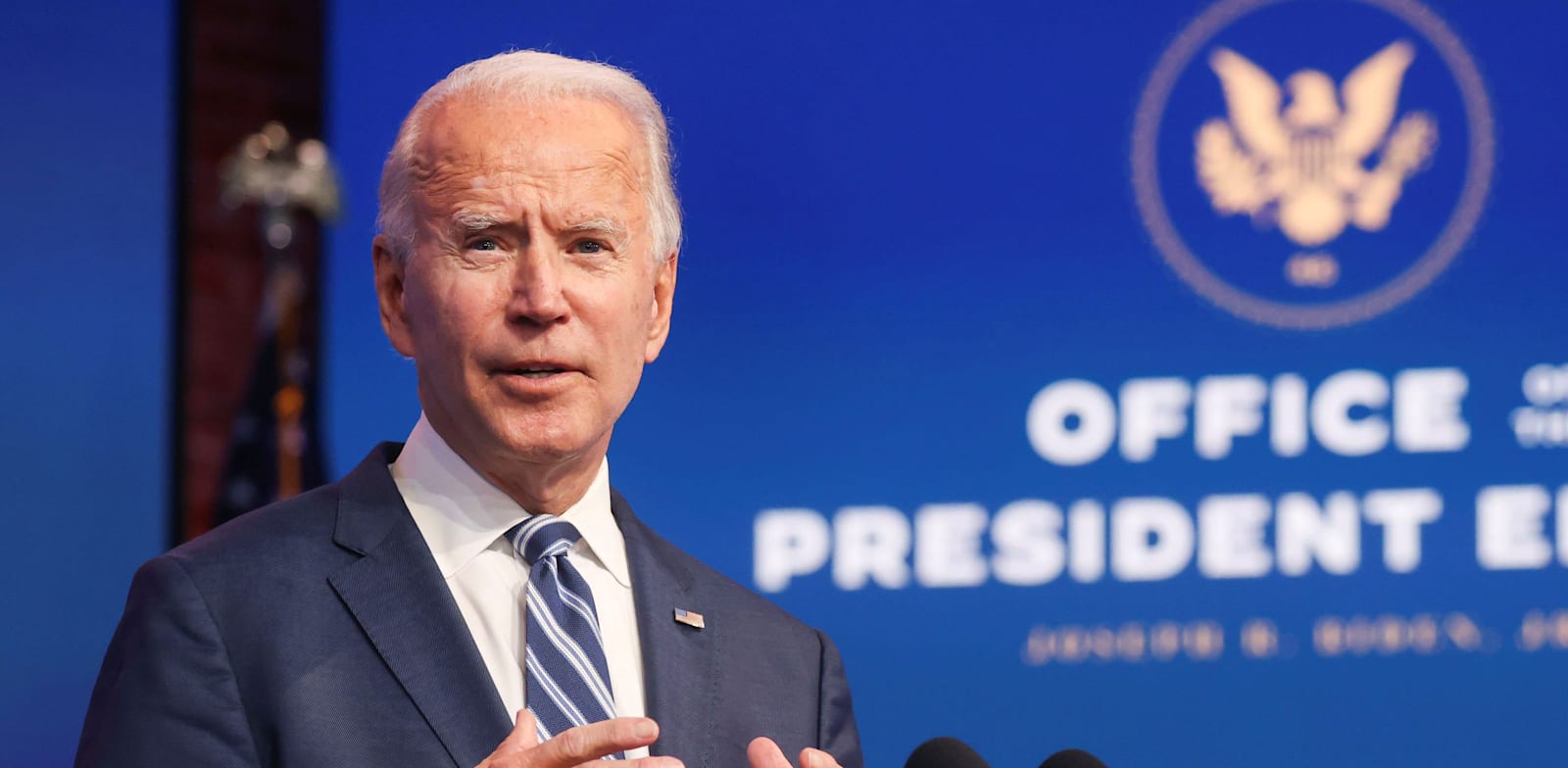Threats from massive corporations to relocate from Europe to the US: the start of a trade war?

Both the ongoing conflict in Ukraine and the recent energy crisis in Europe He entered his first crucial winter time after her. However, the crisis’s long-term effects are already starting to show themselves. In recent weeks, Europe has begun to wake up to the fact that industrial juggernauts are considering relocating abroad. This is due to the “end of the age” of inexpensive Russian gas, which has been proclaimed even if the war ends. For the first time since the start of the conflict, cracks are beginning to form in the previously observed united front between the United States and Europe, and European officials have criticized and labeled the president’s economic policies as “unfair.”
The monster of American subsidies
In recent years, Europe has been a significant US trading opponent. Former US President Donald Trump has referred to the EU as “America’s greatest enemy… because of what they do to us in the realm of trade.” However, the image was altered when the conflict in Ukraine broke out in February. Germans were compelled to spend significantly more on energy expenditures and export less as a result of the global recession, turning the massive trade surplus that has been the subject of American criticism for years into a deficit by last month. The significant cost of Europe’s current switch from pipelined Russian gas to liquefied natural gas (LNG) from the US, Qatar, and Algeria threatens to damage the continent’s competitive advantage in output.
The “Inflation Reduction Act” (IRA), which the Democratic administration in the US was able to pass in August despite strong resistance, is another addition to this. This is a “subsidy monster” with a 400 billion dollar price tag for things like green energy, electric vehicles, battery production, and factory expansion. It also has growing subsidies for tax and health concerns.
One of the reasons that some large European industrial companies have already stated that they are thinking about opening plants in the US and scaling back their operations in Europe is the combination of these two elements. Swedish battery manufacturer Northvolt, whose clients include Volkswagen, BMW, and Goldman Sachs, recently revealed that it is considering bringing its operations to the US. According to her statement to the Financial Times, the government’s support of the battery and electric vehicle industries will allow her to get finance of between 600 and 800 million dollars for the factory under the new American law. The CEO of the business reportedly told the newspaper that “the IRA is developing momentum for a migration from Europe to the US.” Even Volkswagen of Germany has disclosed that it is thinking about establishing a new electric vehicle plant in Tennessee.
Europe is concerned: “We must awaken.”
Leaders in Europe are concerned about this momentum because they can see how future investment and current activity are moving from Europe to the US. The European Union needs to “wake up” in this area, French President Emmanuel Macron said French business leaders. Some “energy-guzzling” businesses, including the manufacturing of glass and ceramics, are already present in France. The high cost of electricity forced their closure. Gas prices in Europe are remain significantly higher than the average price on the market over the past few years, despite a substantial decline from the peak recorded in August. The cost of energy in the contracts for the following year and the year after that is likewise far from the low cost that was the norm in the previous ten years. Robert Habakkuk, the minister of economy in Germany, joined the new conflict and informed the local media that American assistance was “excessive” and that the IRA bill “draws all investments from Europe.”
In fact, the trade conflict between the US and Europe, which peaked under Trump’s presidency, now poses a threat due to the European rebound. Threats have diminished as a result of the removal of numerous tariffs, but competition between the world’s two major economic regions still lingers below the surface and, in recent weeks, above him as well.
Conflict around Biden’s legislation
The US must modify its IRA laws “to correspond to the competition requirements of the World Trade Organization,” according to the European Commission. It also finds it offensive that under US law, only cars with a “majority of components” made in the USA are eligible for a $7,500 subsidy for electric vehicles. The European Union should raise the subsidies it provides in the field, according to the Americans, if it wants to support the development of an electric vehicle industry in the future. The World Trade Organization (WTO) trade standards, according to the Union, are intended to prohibit legislation like this since it would result in a “race to the bottom” of subsidies. After a new plant of the American “Tesla” was created near Berlin and has already started selling electric vehicles on the continent, people in Germany, in particular, believe that the US has “abused” the relative openness it has demonstrated in the automobile industry.
However, this threat extends beyond this specific region and is part of the general trend of “de-industrialization” (withdrawal of industrialization) that has been looming over Europe ever before the conflict in Ukraine. This month, a European oil embargo on Russia is scheduled to go into effect, ending the EU’s prior purchase of two million barrels of Russian crude oil. Following the explosions there, the “Nord-Stream” pipeline’s supply of Russian gas to Germany has fully ceased, and its ability to do so is unclear. The key concern is whether Europe can quickly reestablish its energy security and whether its industry won’t “vote with its feet” and relocate to other areas, such as the US and Asia.
The number of businesses exploring investments in the US is growing in the meantime. Among them are the French engine manufacturer Safran and the Spanish energy company Iberdrola, which announced that they are “reconsidering” investing in the US after postponing plans to build a plant in France due to production costs. These companies are focusing on the future hydrogen market and American subsidies in this area. The company’s CEO explained that while energy prices increased in France, they stayed unchanged in Malaysia and the United States.
ArcelorMittal, a steel manufacturer in Europe, said that it would boost output in Texas, USA, and decrease production at units in Germany. Due to the lower production costs in Texas, Dutch chemical producer OCI also declared that it will be expanding its ammonia factory there. Even the Danish jewelry manufacturer Pandora declared that it will relocate the production to the USA.
Germany is attempting to respond in kind.
While it is unclear how much the initiative will cost and it has not yet been officially announced, Germany, the biggest economy in Europe and until recently one of the biggest exporters in the world, is attempting to adapt to the changes and allay industry concerns by comprehensively subsidizing energy for businesses and households. The government plans to cap gas prices for industry at 14 cents per kWh, or about three times the current rate, with consumption remaining at roughly 70% of levels from prior years. It’s possible that this will allow activity to continue for an estimated 200 billion euros over the course of a year and a half, but it’s unlikely that it will spur investment in energy-intensive industries.

